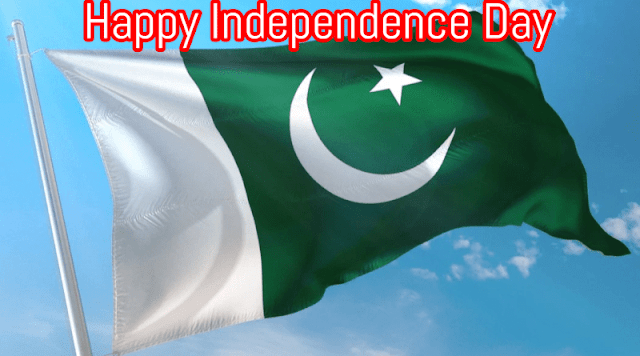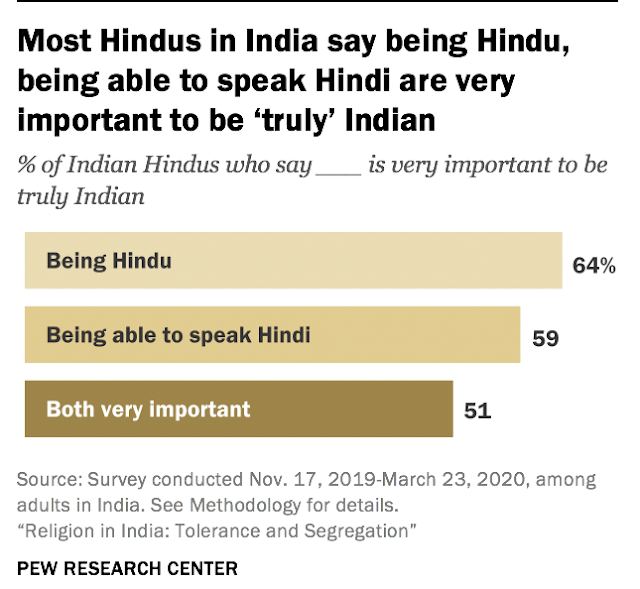
Pakistan Independence Day: Can Religion Be A Basis Of Nationhood?
It is quite fashionable among liberal Indian and Pakistani elite to question religion as a basis of nationhood. Pakistani intellectual Javed...
It is quite fashionable among liberal Indian and Pakistani elite to question religion be a basis of nationhood. Pakistani intellectual Javed Jabbar responded to some of these "liberal" critics at a conference in New Delhi, India. He said as follows: "India was a region, not a country until 1947....Pakistan was NOT carved out of India.... Both India and Pakistan became independent countries in 1947.. Religion can be a basis for nationhood".
In his detailed remarks, Jabbar made a reference to British political scientist Hugh Seton-Watson who said there is no scientific definition of nationhood can be devised.
Jabbar also talked about "Imagined Communities" by Professor Benedict Anderson who taught political science at Cornell University in New York. Anderson explored how these "imagined communities" are created by the territorialization of religious faiths and the decline of antique kingship.
Talking about pluralism, Jabbar said Pakistan is a diverse pluralistic country with multiple regions, languages, religions, etc. Jabbar added that the creation of Bangladesh reinforced the Two Nation Theory. How? Bangladesh chose to remain independent rather than merge with India.
A recent Pew survey has revealed that two-thirds of Hindus in India believe only Hindus are truly Indian. Prime Minister Narendra Modi's Hindu Nationalist BJP party's appeal is the greatest among Hindus who closely associate their religious identity and the Hindi language with being “truly Indian.” The Pew survey found that less than half of Indians (46%) favored democracy as best suited to solve the country’s problems. Two percent more (48%) preferred a strong leader.
The majority of Hindus see themselves as very different from Muslims (66%), and most Muslims return the sentiment, saying they are very different from Hindus (64%). Most Muslims across the country (65%), along with an identical share of Hindus (65%), see communal violence in India as a very big national problem. Like Hindus, Muslims prefer to live religiously segregated lives – not just when it comes to marriage and friendships, but also in some elements of public life. In particular, three-quarters of Muslims in India (74%) support having access to the existing system of Islamic courts, which handle family disputes (such as inheritance or divorce cases), in addition to the secular court system.
Most Hindus (59%) also link Indian identity with being able to speak Hindi – one of dozens of languages that are widely spoken in India. And these two dimensions of national identity – being able to speak Hindi and being a Hindu – are closely connected. Among Hindus who say it is very important to be Hindu to be truly Indian, fully 80% also say it is very important to speak Hindi to be truly Indian.
Here's a video clip of Javed Jabbar's remarks:
Related Links:
Haq's Musings
South Asia Investor Review
Are Muslims Better Off in Jinnah's Pakistan?
Quaid-e-Azam MA Jinnah's Vision of Pakistan Inspired By Misaq e Madina
Is This a 1971 moment in Pakistan's History?
Is Two Nation Theory Dead After Bangladesh Independence?
http://www.riazhaq.com/2009/11/is-pakistan-too-big-to-fail.html
Global Firepower
Jinnah's Pakistan Booms Amidst Doom and Gloom
Quaid-e-Azam M.A. Jinnah's Vision of Pakistan
India Wins Freedom by Maulana Azad
Ayesha Jalal Taking On Pakistan's Hero
The Poor Neighbor by William Dalrymple
Iqbal and Jinnah
Riaz Haq's Youtube Channel
PakAlumni Social Network

Pakistan Independence Day: Can Religion Be A Basis Of Nationhood?
It is quite fashionable among liberal Indian and Pakistani elite to question religion as a basis of nationhood. Pakistani intellectual Javed...





